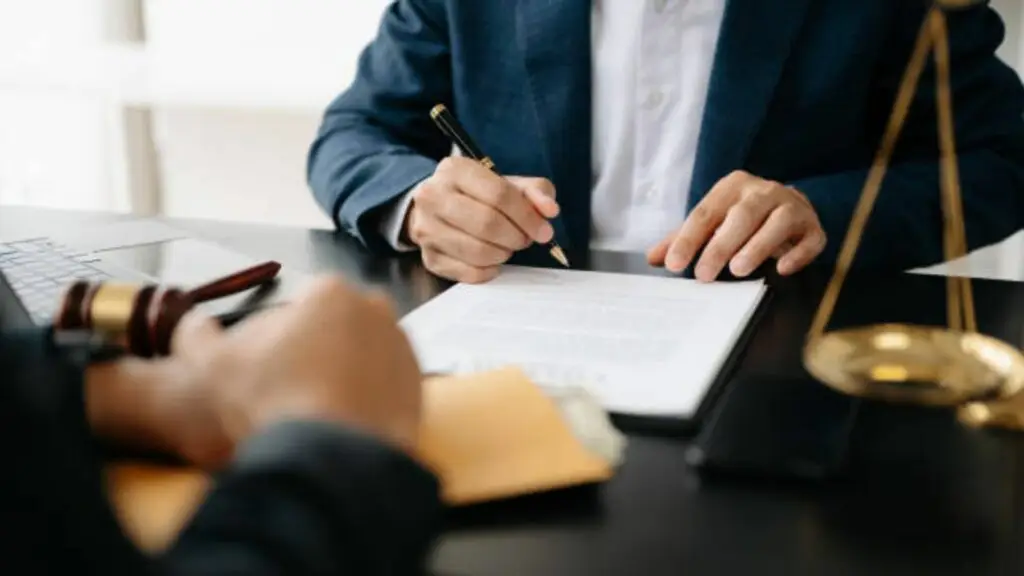Getting arrested can be a confusing and overwhelming experience. Whether it’s your first time or you’ve had prior encounters with the law, knowing your rights immediately after an arrest in Florida can make a critical difference in the outcome of your case.
In this guide, we’ll walk you through what happens when you’re arrested in Florida, the rights you have under state and federal law, and how to protect yourself during this high-stress situation. Speaking with a criminal defense attorney in Florida as early as possible can help ensure your rights are upheld and that you don’t make decisions that could negatively impact your case.

📍 For Guidance in Fort Pierce, Florida
Office Address: 130 S Indian River Dr, Suite 202, Office 218, Fort Pierce, FL 34950
Call: 772-828-1143
Email: info@jordizaragoza.com
What Happens When You’re Arrested?
In Florida, an arrest usually begins when law enforcement has probable cause to believe you committed a crime. This can happen through:
- A warrant issued by a judge
- An officer witnessing a crime
- A criminal investigation that leads to sufficient evidence
Once arrested, you may be:
- Detained on the scene
- Transported to a county jail
- Booked, which includes fingerprinting, a mugshot, and documentation
The most important thing to remember at this point: You have rights—and it’s critical to exercise them.
Key Rights You Have After an Arrest
Florida residents are protected by both the U.S. Constitution and state laws. Here’s what you’re entitled to:
1. The Right to Remain Silent
You are not required to answer any questions from police. This right comes from the Fifth Amendment, which protects against self-incrimination.
You should clearly state:
“I am invoking my right to remain silent and would like to speak with an attorney.”
Avoid explaining your side, answering casual questions, or trying to “talk your way out of it.” Anything you say can be used against you.
2. The Right to an Attorney
You have the right to speak with a criminal defense attorney before or during questioning. If you cannot afford one, the court will appoint a public defender.
Do not answer questions until you’ve consulted legal counsel. Legal advice at this stage can prevent costly mistakes later.
3. The Right to Know Your Charges
Florida law ensures that anyone arrested is informed of the charges against them promptly. This typically occurs during your first appearance hearing, which should take place within 24 hours of arrest.
4. The Right to a Reasonable Bail
Most people arrested for non-violent crimes in Florida have the right to bail. This allows temporary release while awaiting trial. Bail amounts vary depending on:
- The severity of the alleged offense
- Prior criminal history
- Flight risk
If you are denied bail or believe the amount is excessive, legal counsel can request a bond reduction hearing.
5. The Right to a Speedy Trial
Florida residents have the right to a speedy trial under both state and federal law. This means the prosecution must bring your case to trial within a specific timeframe:
- 90 days for misdemeanors
- 175 days for felonies
Delays may result in the dismissal of your case—another reason to stay informed and legally prepared.
What You Should Do After an Arrest
While your rights are clear, knowing how to exercise them wisely is key. Here are the best steps to take after an arrest in Florida:
✅ Stay Calm and Polite
Arguing, resisting, or acting aggressively can worsen your situation. Stay calm and respectful, even if you believe the arrest is unfair.
✅ Remain Silent
Reinforce your decision to remain silent until you’ve spoken to a lawyer. Officers may try to continue questioning—don’t respond.
✅ Request Legal Help
Ask to speak to a lawyer as soon as possible. Early legal guidance helps you avoid missteps and can shape your defense from the start.
✅ Avoid Discussing the Case
Don’t talk to cellmates, family, or anyone else about your charges—in person or over the phone. Jail calls are often recorded.
What to Expect After Booking
Once you’re booked:
- You will attend a first appearance hearing (within 24 hours)
- A judge will review probable cause, inform you of your charges, and decide on bail
- If released, you’ll receive your next court date and conditions for release
If you remain in custody, legal counsel can seek bond reduction, file motions, or explore alternatives to incarceration.
Take Action Early
The decisions made in the first 24–48 hours after arrest can have long-lasting consequences. Legal representation during this time can:
- Help secure your release
- Challenge unlawful arrests
- Negotiate early resolutions
- Prepare a solid defense strategy
Knowing your rights and acting wisely can help protect your freedom, reputation, and future.
📍 Address: 130 S Indian River Dr, Suite 202 Office 218, Fort Pierce, FL 34950
📞 Phone: +1 772-828-1143
📧 Email: info@jordizaragoza.com
FAQs
Q1: Can the police search me without a warrant during an arrest?
A: Yes. If you are lawfully arrested, police may search your person and the area within your immediate control. However, warrantless searches beyond that scope may be challenged later in court.
Q2: What if I was arrested but not read my Miranda rights?
A: If law enforcement fails to read your Miranda rights, statements made during custodial interrogation may be inadmissible in court. However, it does not automatically invalidate the arrest.
Q3: Can I record the police during an arrest in Florida?
A: Generally, yes—Florida is a two-party consent state, but courts have ruled that openly recording police in public is protected under the First Amendment, as long as you do not interfere with their duties.
